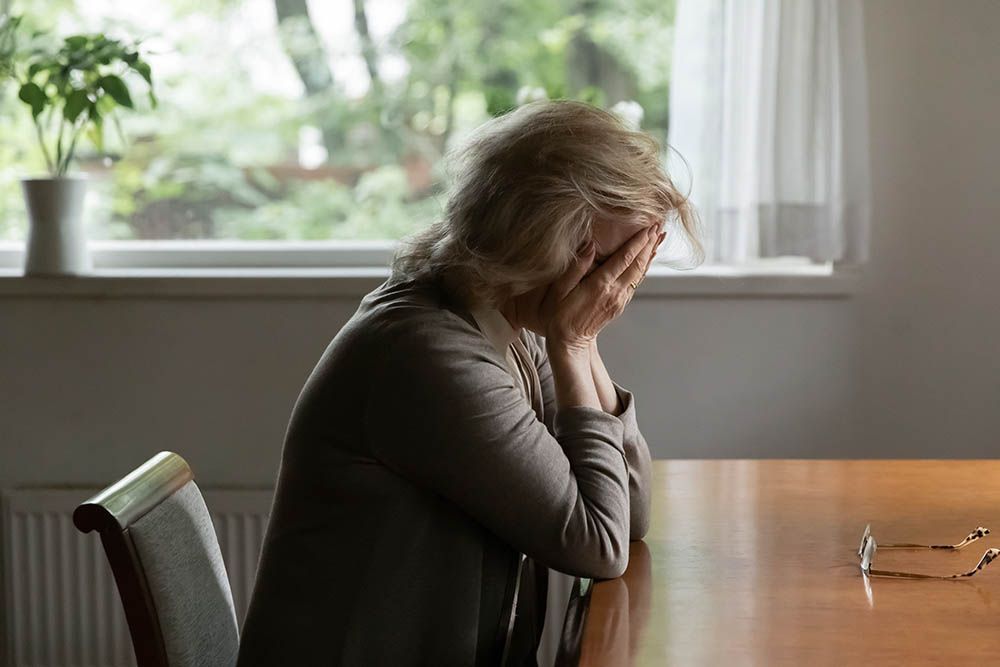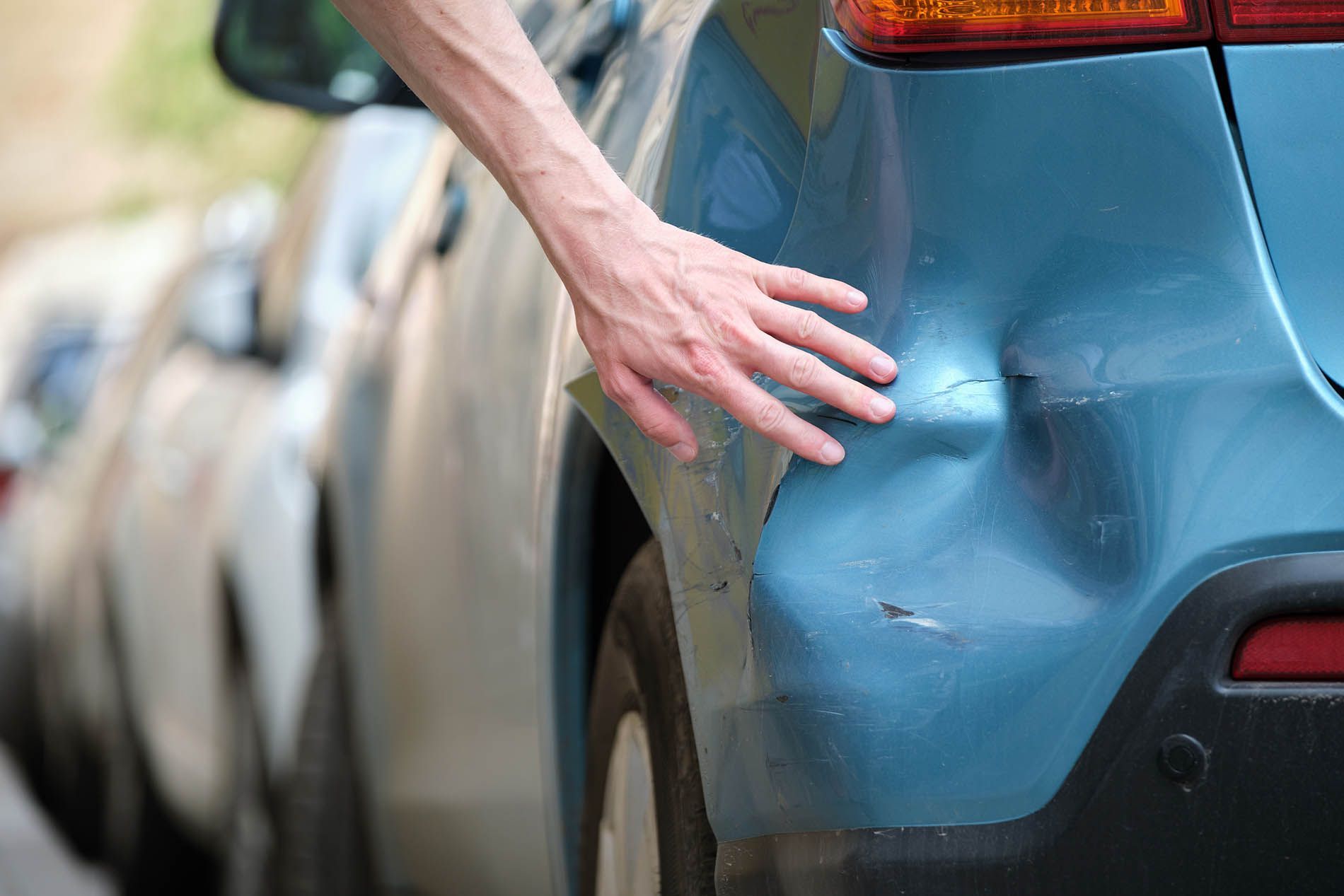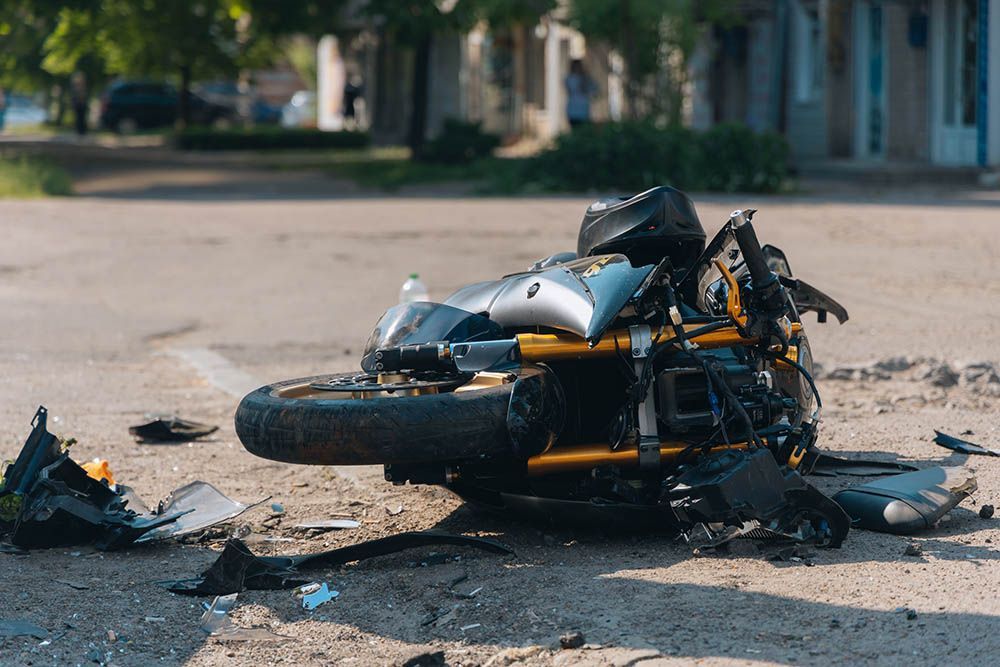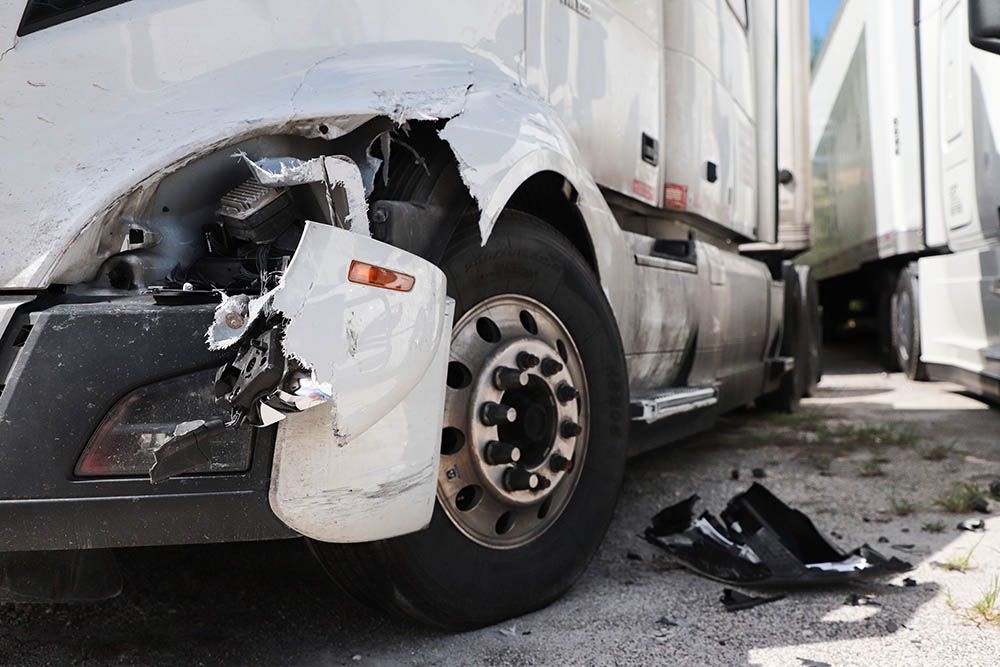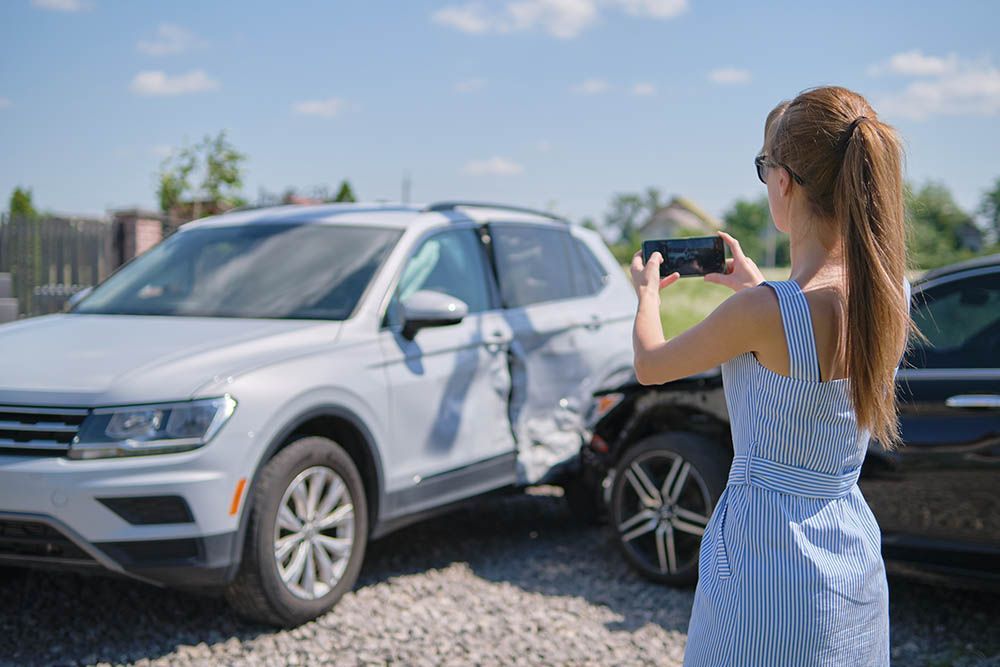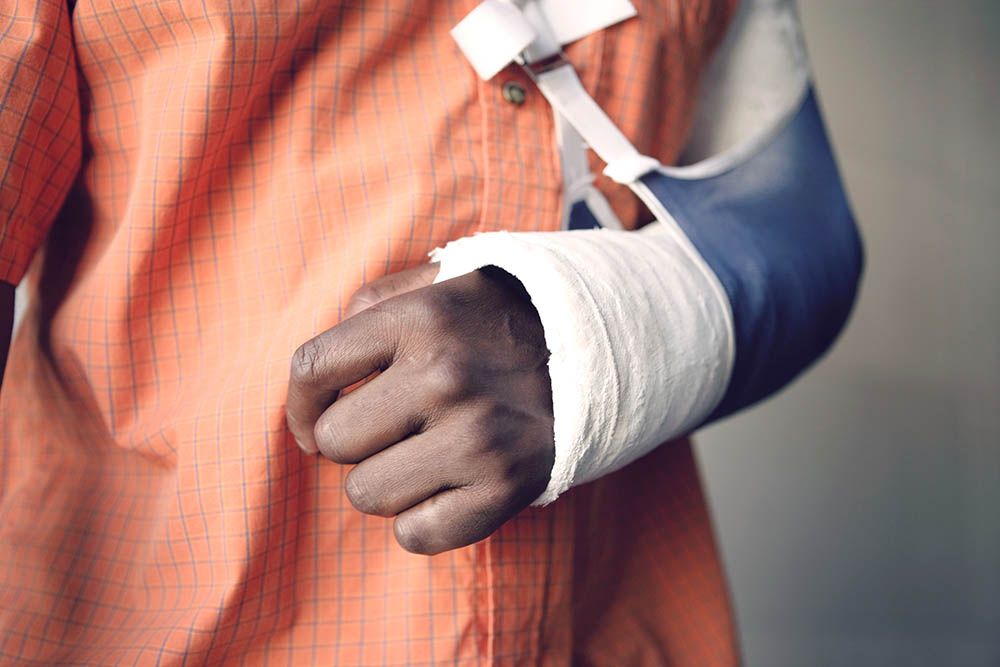What is a Catastrophic Injury?
What is a catastrophic injury?
A catastrophic injury for purpose of the Crime Victim Compensation Fund is defined by Oregon Administrative Rule as “a severe and debilitating long term or lifelong personal injury”. Because that definition is used for purposes of paying out from a specific pot of money for crime victims it is not applicable in all cases and our lawyers are not so strict in our definition. Our attorneys look to that definition as a decent explanation, but we try to see beyond that. This is because there is not a legal line of demarcation for what is catastrophic or not and if it is you that is injured it is usually a big deal even if objectively others would not consider the injury to be catastrophic. I use this language really as shorthand for extremely serious injuries. It could be something like losing a limb or your eyesight, it could be multiple surgeries and life-long negative effects. In some cases the trauma of the car crash alone can haunt people for years, even to the degree of being debilitating.
Examples of a catastrophic injury include:
- Loss of limb
- Spinal cord injuries
- Traumatic brain injuries
- Loss of vision
- Loss of hearing
- Paralysis
- Severe ligament or nerve damage
- Disfigurement
Damages
While a catastrophic injury case has many of the same elements as a normal personal injury case, many of them are to a much greater extent. These include:
- Medical treatment
- Lost wages
- Pain and suffering
Catastrophic injuries can additionally include:
- Loss of earning capacity
- Extensive medical treatment
- Medical equipment
- A full- or part-time caretaker
- If a family member takes this role, then loss of earnings for them
- Loss of enjoyment of life
- Impact of the injury on family relationships, companionship and emotional support
All these damages can be considered for compensation as part of your catastrophic injury case.
How to get Compensated
In Oregon, if you have suffered a catastrophic injury from a car accident where the other driver was at-fault, you can sue for damages. The process will require extensive proof that the other driver was at fault.
When facing a catastrophic injury as opposed to a less severe set of damages the questions the lawyer should be asking begin to change. Instead of being confident that PIP (personal injury protection) coverage would be sufficient to pay all the medical bills I begin to start looking for other potential payers just so that the fewest number of bills possible end up getting to the client. Instead of asking questions about how much money can I get from an insurance company I begin to wonder if there will even be enough money to cover the harm done to the client. We need to begin working on finding other payers in an effort to ensure that we don’t run out of money to compensate the person for their injuries. Unfortunately, sometimes this does happen where there simply is not enough money for the catastrophically injured person to be made whole. I dislike this scenario.
Some potential payers include:
- A Dram Shop Litigant (a bar that served a Visibly Intoxicated Person who went on to cause a car crash)
- A Second or Third (or more) automobile policy
- An Umbrella Policy (A safety net type of policy that kicks in after other insurance is exhausted and damages are high)
- An at-fault party with a lot of money
Get Help from an Oregon Car Accident Attorney
Here at Hunking Law our attorneys specialize in car collision cases and will work creatively and tirelessly to find as much money as we can to be sure our client is made whole.
If you or a loved one has experienced a catastrophic injury, contact us here or call us at (541) 486 - 5464 to schedule a free consultation with one of our attorneys to learn how we can help you maximize your claim.




